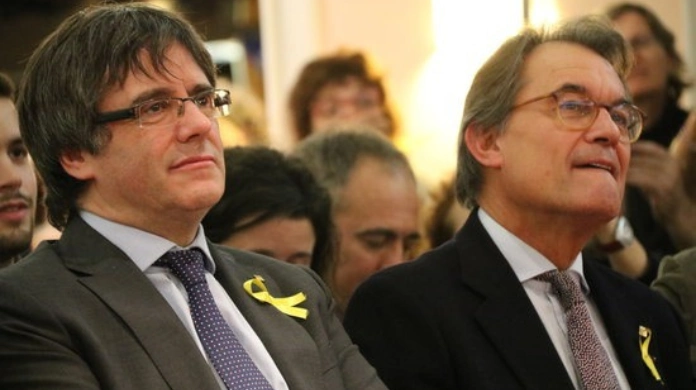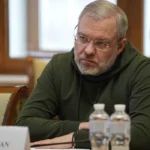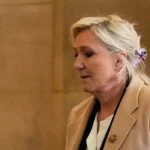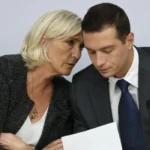Carles Puigdemont, the former President of Catalonia and a former MEP, has faced allegations of links with Russia. There have been reports that Puigdemont’s advisors met with Russian officials. Josep Lluís Alay, one of Puigdemont’s senior advisors, admitted to visiting Moscow in 2019 but claimed it was for organizing media appearances rather than seeking direct support.
In September 2021, the European Parliament, which had earlier lifted the parliamentary immunity of Puigdemont, initiated a deeper investigation into the potential criminal implications of such contacts.
A New York Times investigation indicated that Alay’s gatherings with Russian officials in both Moscow and Spain were behind huge and violent protests led by the secretive group Tsunami Democratic in 2019.
The demonstrations, set off after several separatist leaders were convicted to years behind bars for their parts in the 2017 illegal referendum and unsuccessful independence declaration, survived for more than a month and engaged in nightly rioting. A Bellingcat investigation (Netherlands-based investigative journalism group) argued that at least three suspected members of the elite Russian intelligence agency GRU journeyed to Catalonia between 2016 and 2017.
Moreover, European intelligence reports have suggested connections between Puigdemont’s entourage and Russian officials involved in hybrid warfare strategies aimed at destabilizing the EU.
On February 17, 2022, just before Russia invaded Ukraine, as an MEP, Carles Puigdemont did not support measures designed to aid Ukraine proposed by the European Parliament. This stance could be interpreted as aligning more closely with neutral or anti-EU intervention positions rather than explicitly pro-Russian ones.
Further, in January 2024, the National High Court of Spain disclosed the inner circle of former MEP Carles Puigdemont was mindful of Russia’s intent to invade Ukraine since 2017.
Judge Joaquín Aguirre’s resolution stated that close associates to Puigdemont, ex-president of the Catalonia region, had close personal connections “with individuals of Russian nationality”.
It also remarked that Puigdemont’s deputies met with German and Italian diplomats with links to Russian secret services.
Judge Aguirre’s statement declared these operatives were engaged in establishing connections to have political and economic leverage over the government of Catalonia, “should it unilaterally secede from Spain”. As part of the “Voloh Operation” of 2020, the Russian Government arranged to “provide economic and military support” to the Catalonian independence movement headed by Puigdemont.







